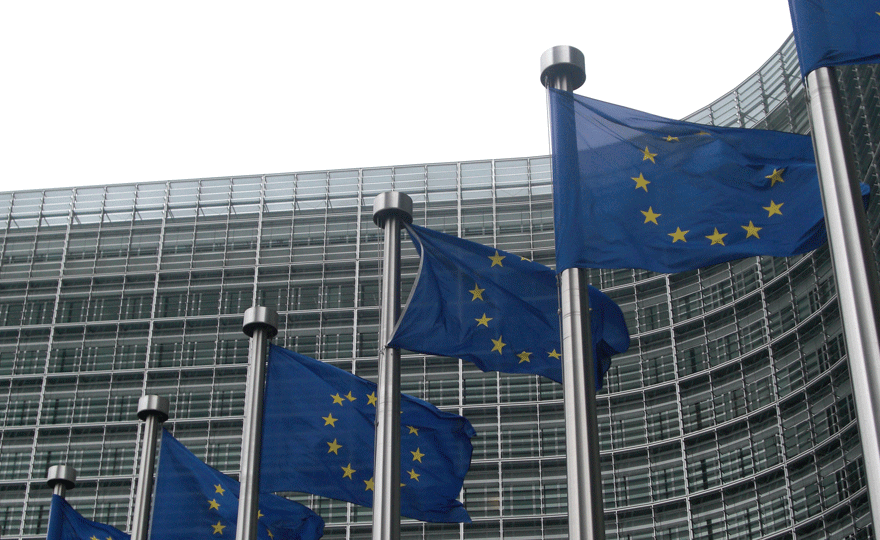ClientEarth Communications
7th March 2018


Last year, following a complaint made by ClientEarth in 2008, the Aarhus Convention Compliance Committee found the EU in violation of the access to justice provisions of the Aarhus Convention for not providing legal standing to members of the public before the Court of Justice of the EU (CJEU).
This is a breakthrough decision in which the Committee found that neither the Aarhus Regulation which applies the Convention to EU institutions nor the jurisprudence of the Court of Justice implements or complies with the obligations arising under the Convention. This outcome constitutes a clear indication that the European Court’s interpretation of the criteria laid down in the Treaty on the Functioning of the EU on access to the EU courts is too strict to meet the requirements under the Convention.
What is more, it makes it clear that the regulation which applies the Convention does not provide for an adequate administrative review procedure either and leaves the European Union in non-compliance. The conclusions of the Committee should lead the EU to adopt the necessary steps to ensure that decisions of EU institutions are subject to adequate, effective, fair and equitable review mechanisms in full compliance with the principles and rights laid down in the Convention.
However, the European Commission representing the EU in the case proposed to reject the findings. This was the first time that a party to the Convention made such a proposal. As of today, all the findings adopted by the Committee have been accepted and “endorsed” by the Meeting of the Parties (MOP) to the Convention. With the consequence that “endorsing” the findings make them legally binding. The Council of the EU responsible for adopting the EU’s position at the MOP rejected the Commission’s proposal and reached a compromise to only “take note of the findings”.
The EU proposal met with such strong opposition from the NGO community and other State parties that no decision was reached except the one to postpone it until the next MOP in four years time. Even if the worse, a decision to reject the findings, has been avoided, a precedent has been set and is likely to undermine the work of the Compliance committee and the implementation and enforcement of the procedural rights enshrined in the convention, the rights that ensure environmental legislation is respected and that democratic principles are upheld.
Some of the Member States have realised (a bit late) the dangerous precedent they had set and the wrong message sent by the EU and wish to remedy the situation. As a result, the Council is now considering to rely on Article 241 TFEU which allows the Council to request the European Commission to propose legislation. In this case, the Council, subject to reaching a simple majority among the Member States, will request the Commission to propose an amendment to the Aarhus Regulation in order to comply with the findings of the Committee.
That would be a strong action from the Council and the first time that this procedure is used in environmental matters. Member States still need to agree on the way forward and in particular on the scope of the request and whether it should be limited to the access to justice provisions of the regulation or cover the access to information pillar as well since the latter does not implement all of the Convention provisions in a faithful way.
Once the Commission will receive the request it will have the obligation to reply and to justify either its intent to keep the status quo or to move forward and propose an amendment to the regulation. Even in the event of a positive reply, this will take some time as it is likely that the Commission will want to carry out an impact assessment to weigh all the interests at stake. It is therefore doubtful that the review, if a review is decided, will be decided by this Commission.
However, real change takes time. The political context has already evolved in a significant way since we made the complaint. The European Parliament adopted a resolution calling on the Commission to comply with the findings and propose an amendment to the Aarhus Regulation, the Economic and social committee adopted a report along the same lines and now the Council is making an unprecedented use of procedures provided in the Treaty to force the Commission to act. It seems the Commission is more and more isolated in its belief that citizens and NGOs should not be allowed to hold EU institutions accountable through direct access to the EU courts.
This article is part of the Access to Justice EARL project.
Access to Justice is a fundamental means through which citizens and NGOs can support the implementation and enforcement of laws and policies to protect the environment. The goal of this ATOJ-EARL project is to achieve “Access to Justice for a Greener Europe”. It strives to enhance access to justice in environmental matters by providing information, training and support for the judiciary, public authorities and lawyers of eight European member states. ClientEarth and Justice and Environment are implementing this project with the financial support of the European Commission’s LIFE instrument.
